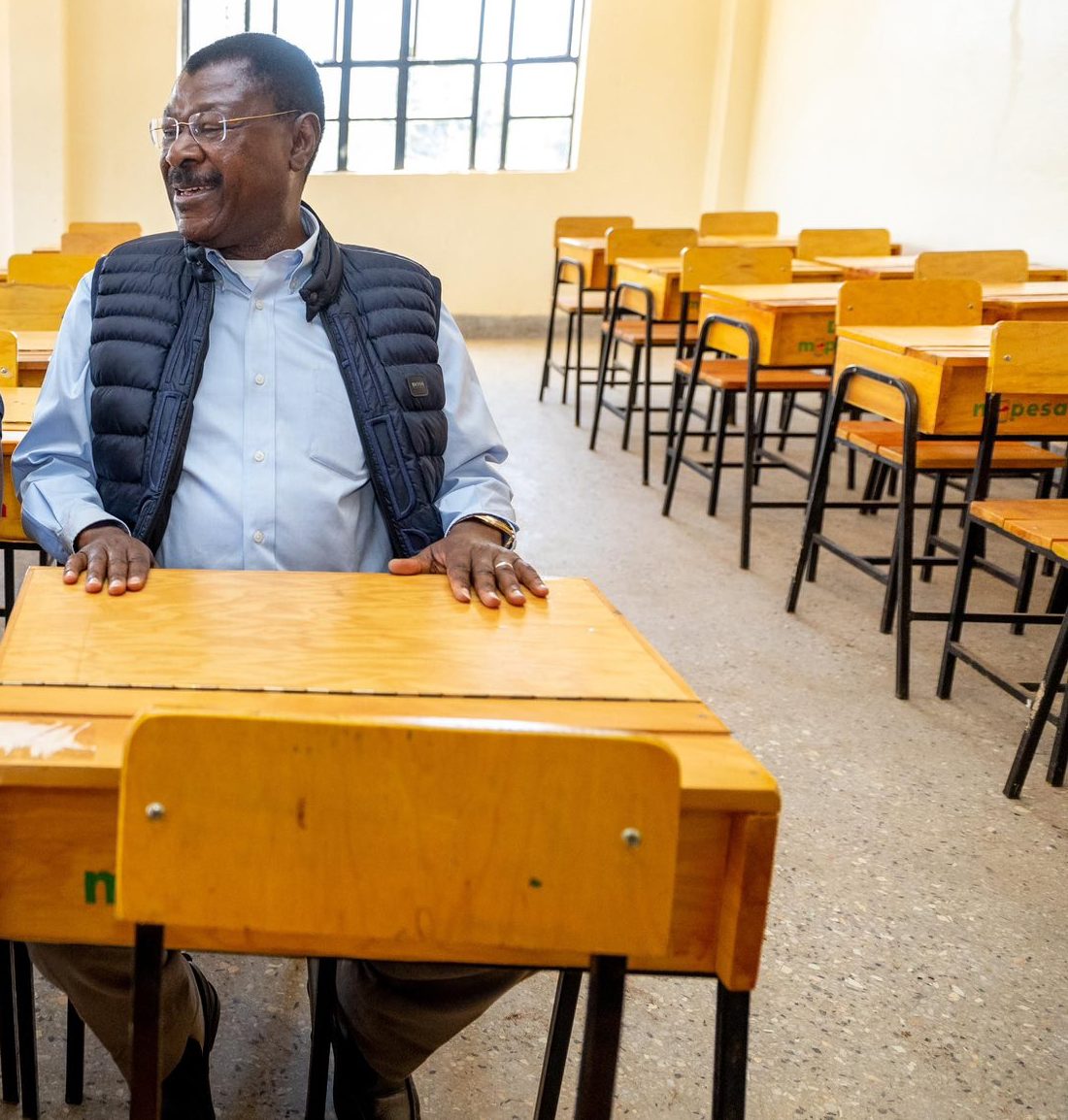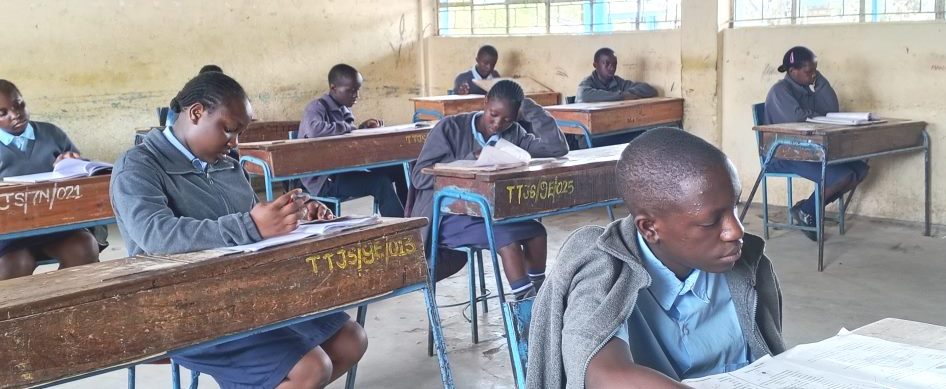A recent research report by Usawa Kenya has laid bare a crisis that, although long suspected, has now been confirmed with hard data. It is not just worrying – it is damning. According to the study, a learner in Grade Four cannot read Grade One literature with fluency; neither can he or she comfortably comprehend Grade One numeracy tasks. This is not a minor learning gap; it is an indictment of an education system that is failing children at the very foundation. When a child spends four years in school yet cannot read a simple story meant for a beginner, the entire society ought to be alarmed. It signals that schooling is happening, but learning is not.
The crisis forces us to interrogate what exactly stakeholders are doing, or rather failing to do, in safeguarding the promise of education. The government has been quick to trumpet achievements such as 100 percent transition, digital literacy programs and free primary education. But how much meaning do these lofty initiatives carry if the learners being “transitioned” cannot read, write, or count at the most basic level? The Ministry of Education must accept culpability. The obsession with curriculum coverage, policy pronouncements and political showmanship has meant that the core business of building literacy and numeracy in early years is neglected. Without urgent reorientation, the problem will worsen.
Teachers, too, cannot be excused. They are at the coalface of education delivery, and it is their role to ensure that by the time a child finishes lower primary, he or she can read independently and solve basic numerical tasks. Many teachers are overwhelmed by large class sizes, inadequate resources, and constant curriculum changes, but that does not absolve them from responsibility. Far too often, teachers teach to the syllabus and exams, not to the child’s level of comprehension. A Grade Four learner struggling with Grade One reading should be a wake-up call to adjust methods, not an excuse to “move on” with the scheme of work. Grouping learners by ability, offering remedial classes and insisting on daily reading practices are not luxuries but necessities.
ALSO READ:
Parents and guardians also carry part of the blame. Too many have outsourced learning entirely to schools, forgetting that the home is the first classroom. If children never see their parents reading, never hear stories at home and never practice basic numeracy in everyday activities, how are they expected to thrive in school? Buying expensive school uniforms and paying fees is not the same as nurturing literacy. A culture of reading must be built at the family level – through storytelling, shared reading, or even discussing daily news. Unfortunately, many parents consider this the sole responsibility of teachers, a mindset that only entrenches failure.
Content developers and publishers, on their part, must be confronted with the fact that much of the material produced for schools is poorly designed, uninspiring, and often inaccessible to struggling learners. Children cannot fall in love with reading when books are abstract, irrelevant, or written in inaccessible language. Where are the leveled readers that gradually build fluency? Where are the simple, localized storybooks that can capture the imagination of a child in rural Turkana as easily as a child in urban Nairobi? If publishers only chase government tenders rather than learner-centered innovations, then they are complicit in the learning crisis.
Civil society organizations and community leaders also need to move beyond rhetoric. Setting up libraries that remain locked, running projects that collapse when donor funding dries up, or confining interventions to reports that gather dust in offices is not enough. Communities must establish sustainable reading clubs, volunteer tutoring programs, and mentorship networks that supplement classroom work. Education is a societal project and silence in the face of such glaring failure is negligence.
Development partners and NGOs, meanwhile, have the opportunity to step in with solutions that have already proven effective elsewhere. The “Teaching at the Right Level” model pioneered in India and piloted in parts of Kenya is a perfect example: it abandons the rigid grade-based teaching system and instead groups children by actual ability. Such targeted interventions have lifted literacy and numeracy significantly in other contexts. Yet, many donors still prefer flashy, short-term projects over sustained support for what works. A crisis of this magnitude demands evidence-based, scalable, and sustained interventions, not pilot project designed to win awards abroad.
ALSO READ:
Kisii woman rep decries high cases of unreported defilements involving schoolgirls
And then there are the learners themselves, who remain the silent victims. It is easy to frame them as passive recipients of education, but they are also agents of their own learning. Peer-to-peer learning, self-driven reading habits and the use of simple educational technologies can empower children to fill gaps that adults have left unaddressed. But how much can we demand of a child who has been systematically let down by every adult around them?
The remedies, therefore, are not mysteries hidden in complex theories. They are glaringly simple: go back to basics. Teachers must be retrained to emphasize phonics, fluency, comprehension and numeracy in the early grades. Classrooms must stop being factories of syllabus completion and become centers of mastery. Parents must embrace their role as co-educators at home, while publishers must provide engaging, leveled reading materials. The government must stop paying lip service and start investing resources in smaller class sizes, early grade assessments and structured pedagogy programs. Communities must revive the communal responsibility for learning and development partners must channel funds into tried-and-tested remedial models rather than short-lived innovations.
The Usawa Kenya report should not be filed away as just another academic document. It is a mirror reflecting our collective failure and a warning that unless urgent, coordinated, and honest action is taken, we are raising a generation of children who attend school but do not learn. That is not just an educational tragedy – it is a national emergency.
By Ashford Kimani
Ashford teaches English and Literature in Gatundu North Sub-county and serves as Dean of Studies.
You can also follow our social media pages on Twitter: Education News KE and Facebook: Education News Newspaper for timely updates.
>>> Click here to stay up-to-date with trending regional stories
>>> Click here to read more informed opinions on the country’s education landscape






